Expectations ••••
Responsiveness ••
Nurturing ••
Freedom •
Usually culturally passed on, Authoritarian Parenting is the style of choice for children of toxic parenting. Phrases such as “Because I told you so” are a product of this parenting style. This attitude expects children to adhere to rules without understanding them, usually driven by fear. The only thing children are learning is to respect authority and to follow orders. These children’s minds are not being nurtured. Without information nor the education on decision-making, these children are not learning to use critical thinking. Their frontal lobes are not being trained and this will only prepare them to look for figures of authority to make decisions for them.
Verbal and sometimes physical abuse can be present in this one-sided, totalitarian and emotionally neglecting upbringing. Children will usually rebel by teenage years, rarely developing a loving family relationship.
What we lived and learned is what we have acquired to pass on. Avoiding our parents’ trespasses, while transmitting that which served us well, is part of the filtering an adult needs to do when parenting. Jumping from Authoritarian to Permissive Parenting will only create a new and different set of problems. A parent, consciously aware of his or her authoritarian upbringing, would be better off looking for balance through a more supportive and nurturing parenting style, such as Authoritative Parenting or Wiki Parenting.
The GOOD PUPPY System can bring some much needed peace, reduce violent situations and help create a more stable environment for children being raised under this highly demanding parenting style.
The use of GOOD PUPPY Emotions tools can help not only children but also parents, to understand their feelings and reactions a little bit better. The more conscious parents are of their own actions and the repercussions, the more aware they will be when choosing the parenting style that best fits their child’s unique personality.
From
EVERYTHING HAPPENS FOR A REASON
The Little GOOD PUPPY Guide Book for Growing Good Kids
By Gabriel Tito, RMFT & Marina Tito
Learn more about the
GOOD PUPPY Children Behavioral & Emotional System







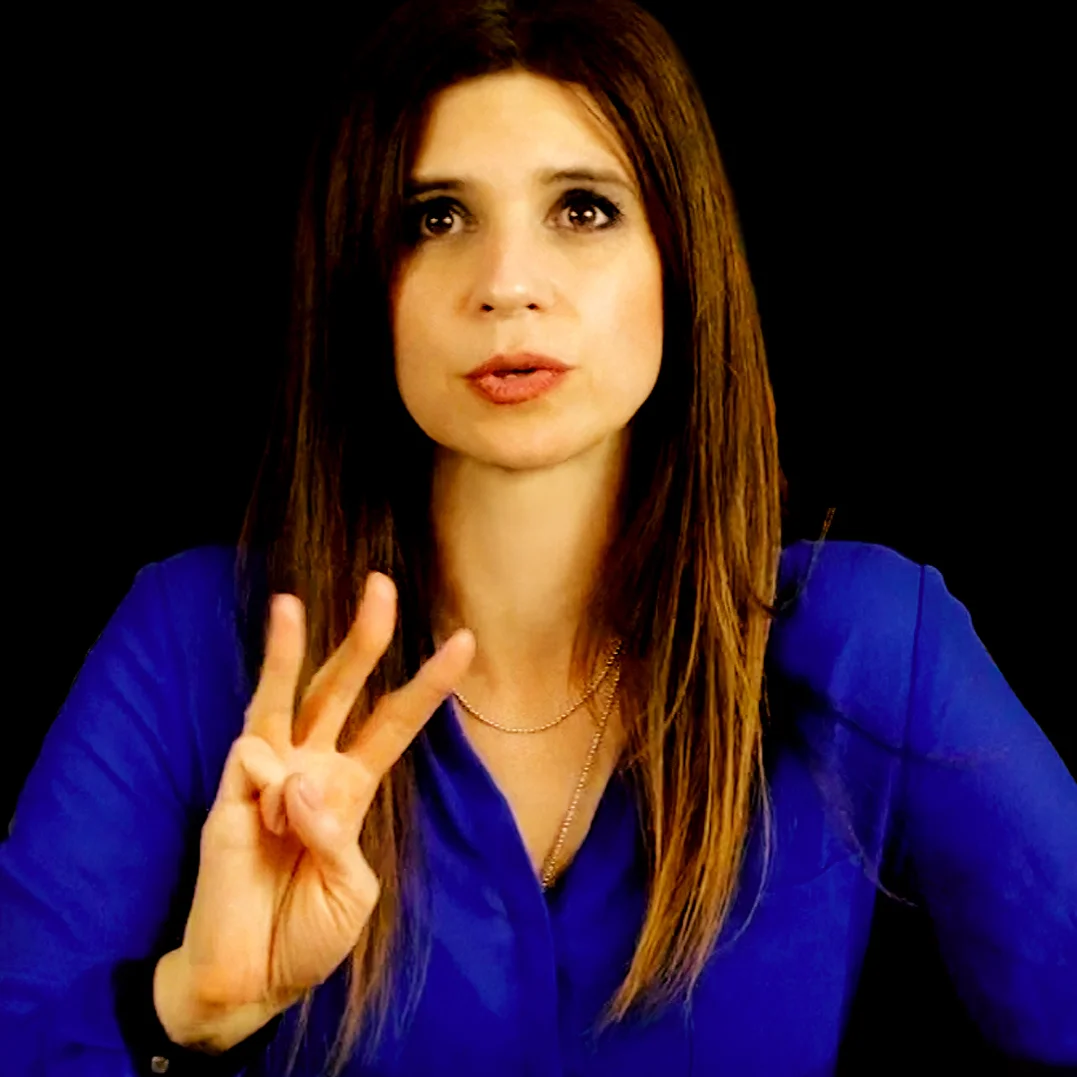

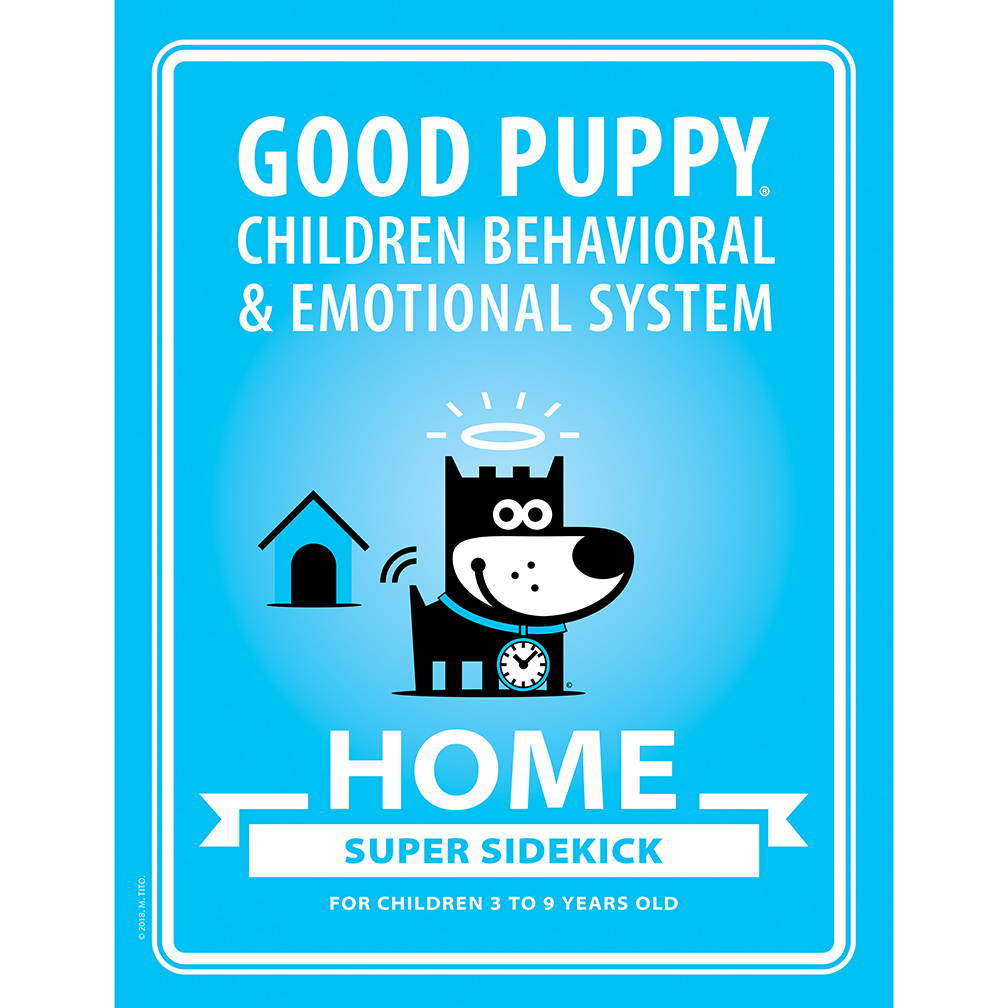
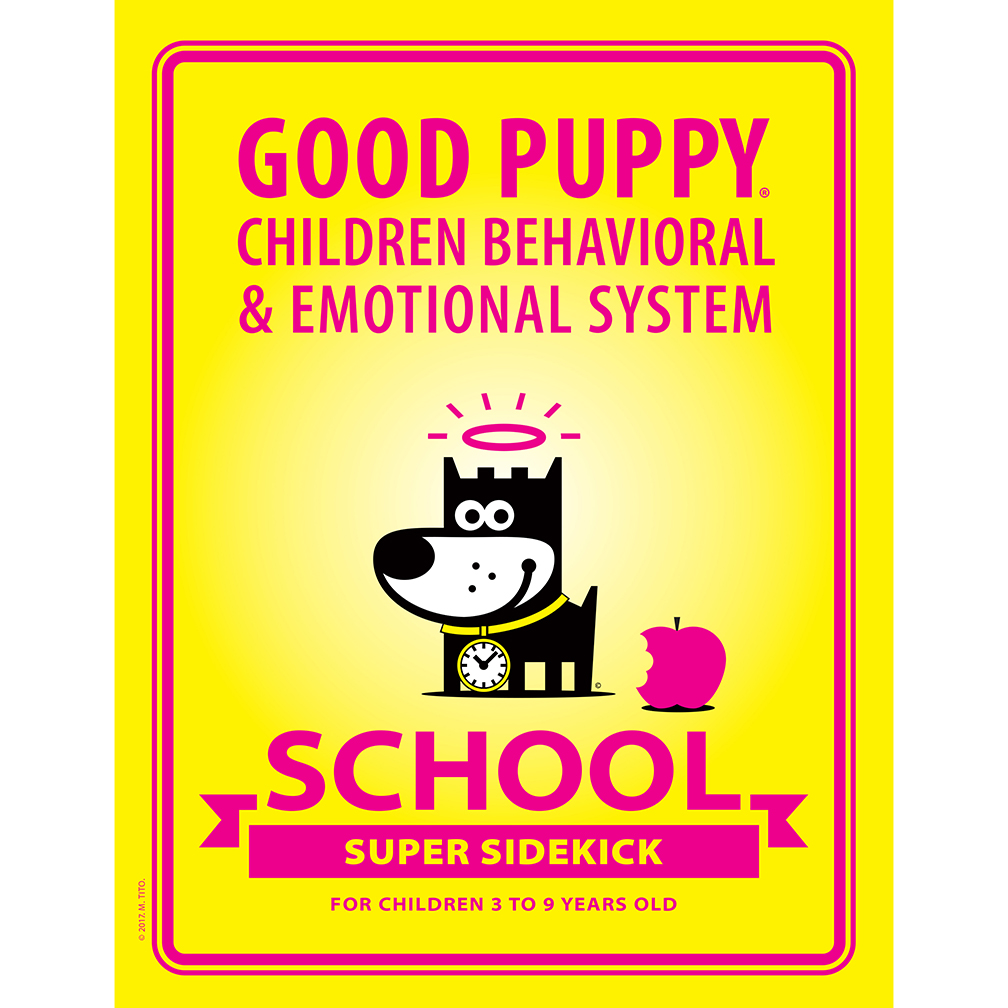
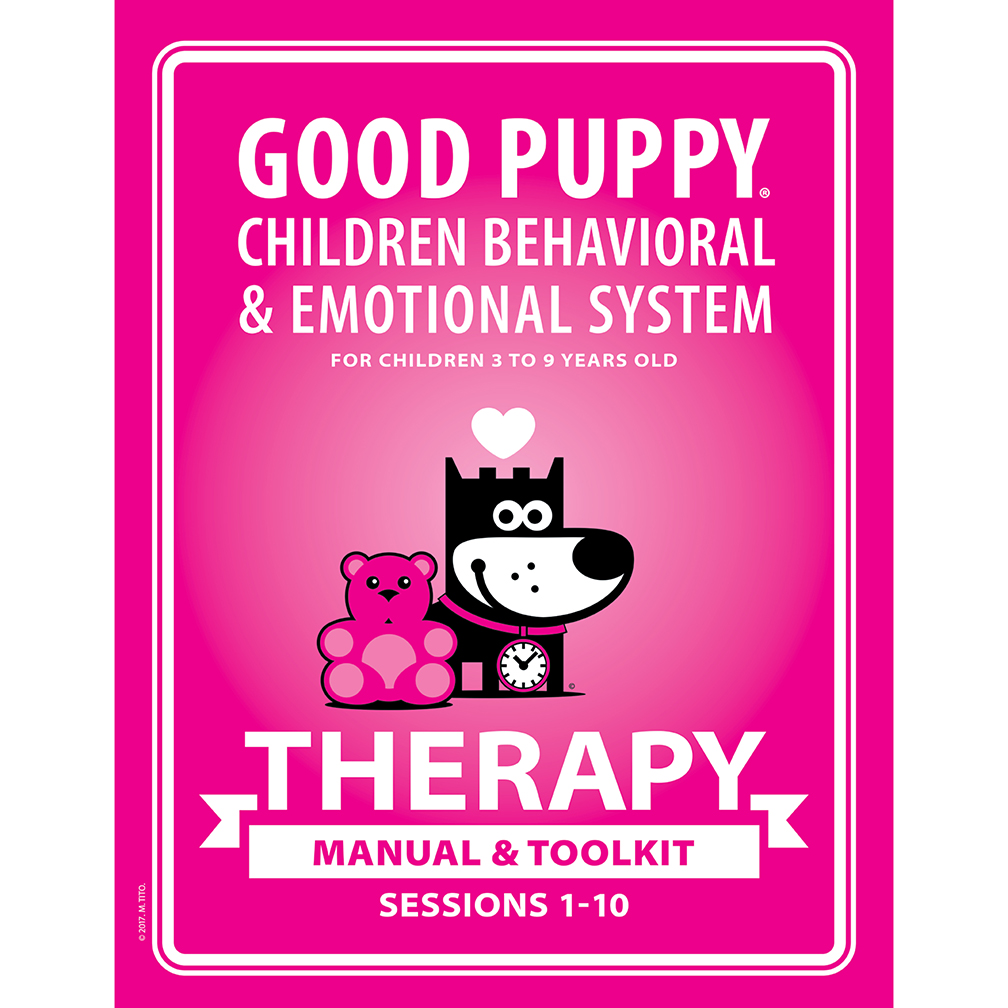


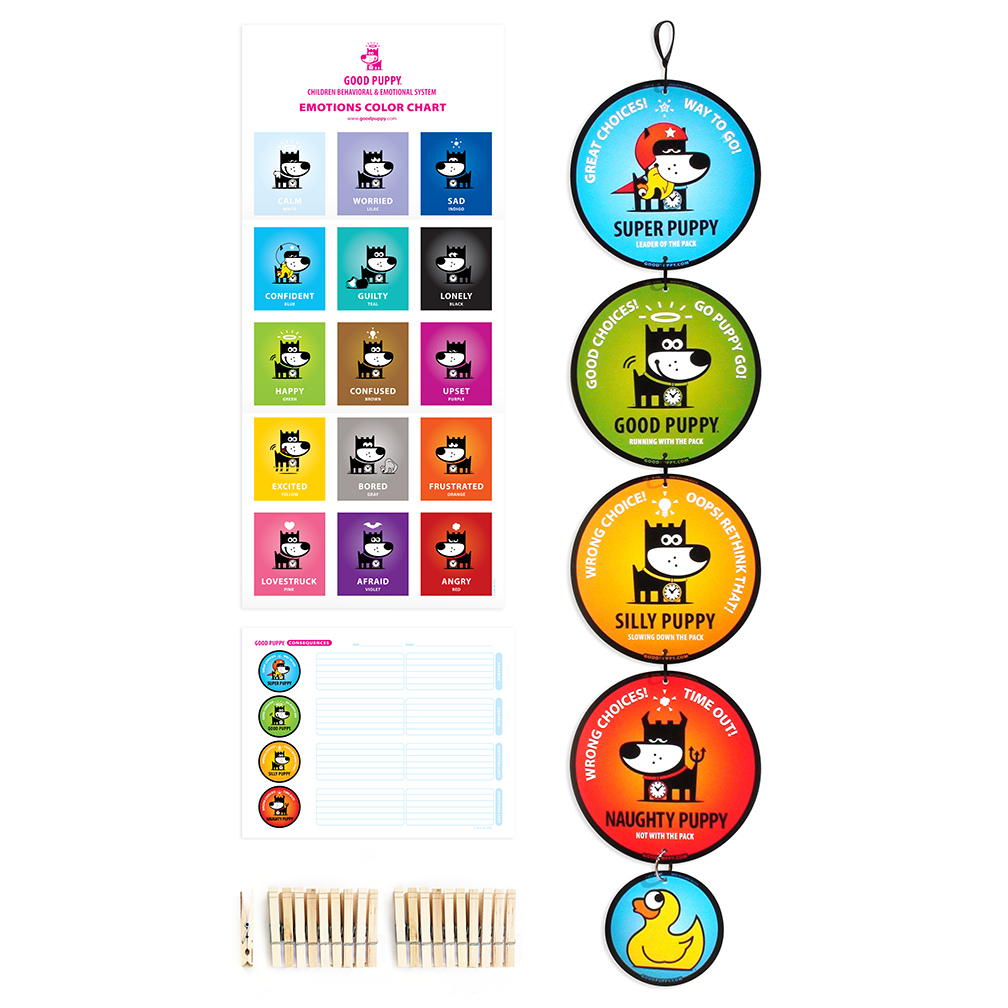
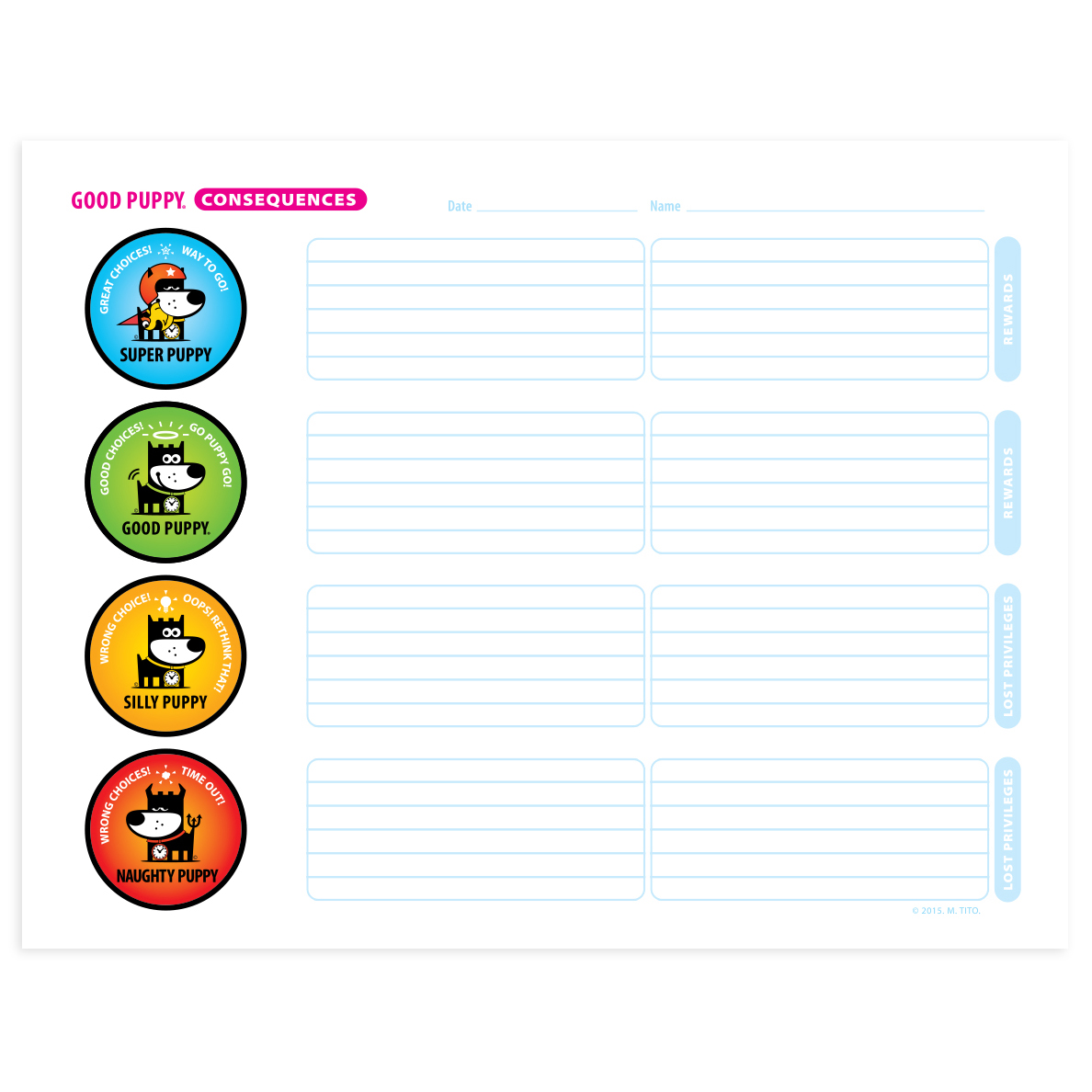


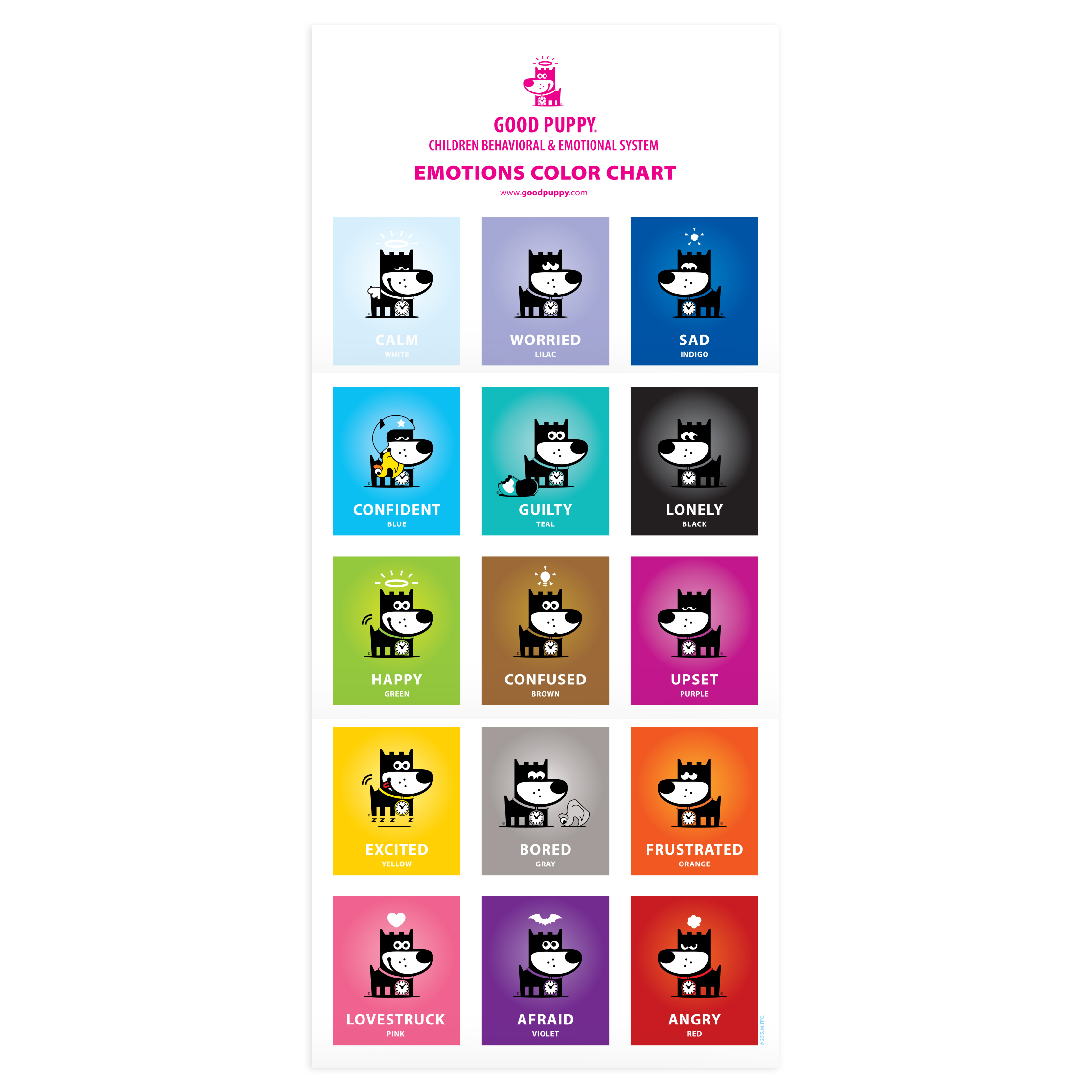
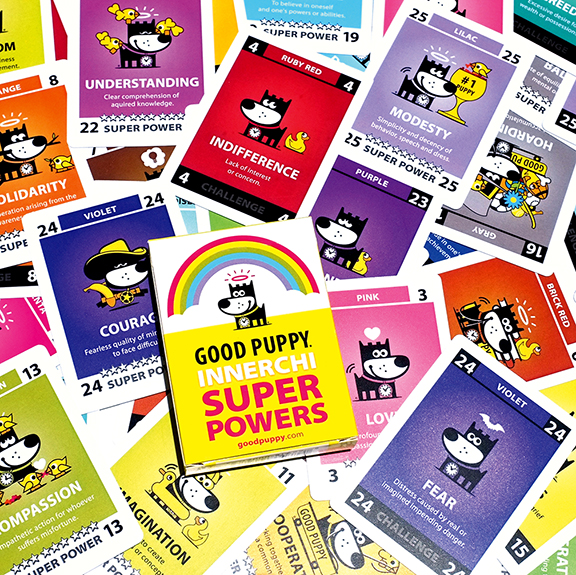

What Does It Take To Do A Good Parenting Job?
Just like any job, raising children comes with a list of requirements. These requirements allow for a positive parenting experience, beneficial to everyone. But while anyone may muster up some of these traits, it is mastering them that will turn them into parenting super powers.